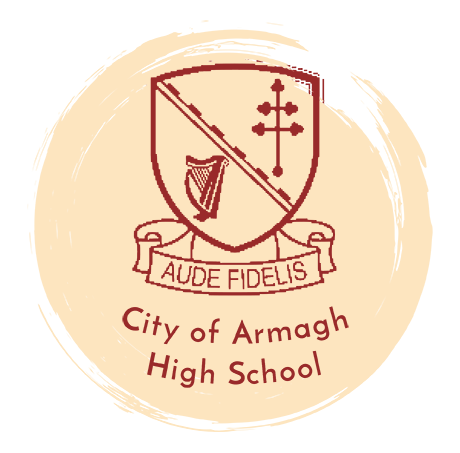LLW

Staff in the department
Ms. E Freeburn
Mrs. C Reid
Mr. K Rendall
What will you learn in Years 8-10?
Learning for Life and Work is a compulsory area of Learning at Key Stage 3. It has four subject strands: Employability, Local and Global Citizenship, Personal Development, and Home Economics.
Learning for Life and Work builds on Personal Development and Mutual Understanding taught at primary school. The pupils look at the three main objectives of the curriculum: to develop young people as individuals, as contributors to society, and as contributors to the economy and the environment.
What will you learn in Years 11&12?
During years 11&12 pupils will continue to look at three areas: Employability, Personal Development and Local and Global Citizenship.
Employability
Explore self-employment and identify relevant source of support;
Examine the impact of globalisation on employment;
Investigate the recruitment and selection process, taking into account the rights and responsibilities of employees and employers;
Consider how employees might maintain an effective working environment;
Investigate the increasing social responsibility of business in the community;
Develop personal career plan based on relevant information and guidance.
Personal Development
Develop an understanding of how to maximise and sustain their own health and well-being;
Reflect on, and respond to, their developing concept of self, including managing emotions and reactions to on-going life experiences;
Recognise, assess and manage risk in a range of real-life contexts;
Develop their understanding of relationships and sexuality and the responsibilities of healthy relationships;
Develop an understanding of the roles and responsibilities of parenting;
Develop further their competence as discerning consumers in preparation for independent living.
Local and Global Citizenship
Respond to specific challenges and opportunities that diversity and inclusion present in Northern Ireland and the wider world;
Identify and exercise their rights and social responsibilities in relation to local, national and global issues;
Develop their understanding of the role of society and government in safeguarding individual and collection rights in order to promote equality and to ensure that everyone is treated fairly;
Develop their understanding of how to participate in a range of democratic processes;
Develop awareness of key democratic institutions and their role in promoting inclusion, justice and democracy;
Develop awareness of the role of non-governmental organisations.


